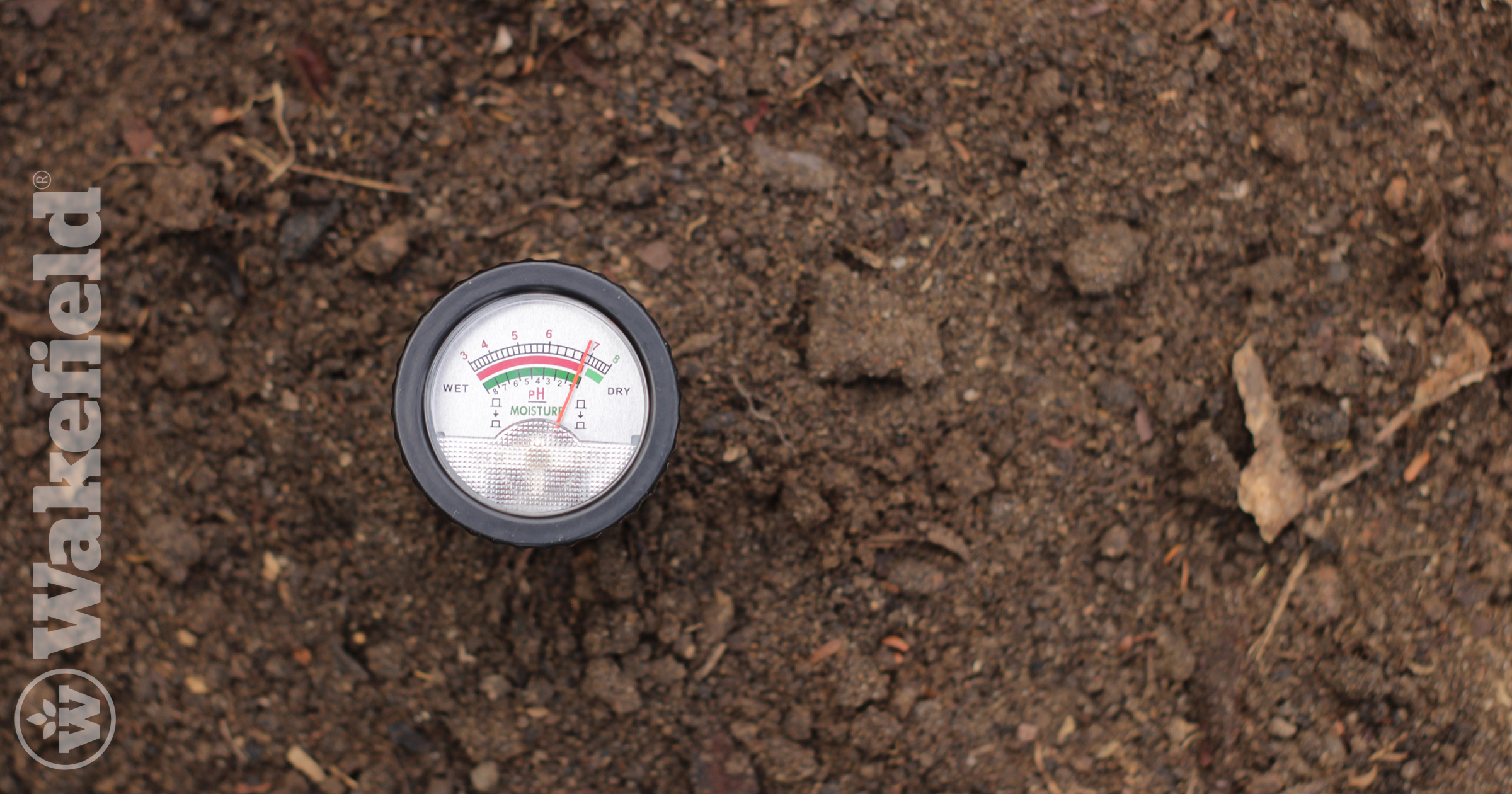Does Biochar Raise Soil pH?

If you’re a gardener or farmer looking to enhance your soil’s health and boost tomato growth, you may have heard about the benefits of biochar. Here we provide an overview of the science of biochar to help you understand its impact on soil pH and how it can contribute to thriving gardens and crops.
Biochar is a highly porous carbon-rich material derived from the pyrolysis of organic matter. It has been widely recognized for its impressive ability to enhance soil quality and plant growth, including by maintaining optimal pH levels in your soil.
How Biochar Affects Soil pH
Biochar is known for its pH-neutral nature. When incorporated into acidic soils with low pH levels, it can act as a buffer, helping to stabilize pH by preventing rapid fluctuations. On the other hand, in alkaline soils with high pH levels, biochar can have a neutralizing effect by absorbing excess alkalinity. This means that biochar can contribute to maintaining an optimal pH range for plant growth.
The addition of biochar has been shown to significantly increase the pH of acidic soils in a short period of time. When the background pH value of the soil is higher than that of the biochar, the biochar’s impact on pH is less pronounced, which suggests that biochar is particularly effective in addressing soil acidity issues.
Biochar has been shown to significantly decrease pH levels in loamy soil, with less effects in black soil.
If you find yourself dealing with acidic soils in your garden or farm, using biochar is a great way to raise pH levels and help create a more suitable environment for plant growth.
The full extent of biochar’s impact will depend on a variety of factors, including what type of biochar you use, the initial soil conditions, and the specific crop or plant you’re trying to grow.
Improved Soil Structure and Nutrient Retention
Beyond its influence on soil pH, biochar offers many other benefits crucial for cultivating healthy tomatoes and other crops.
- Enhanced Soil Structure: Biochar’s porous structure helps improve soil aeration and water retention, preventing waterlogging in clay soils and ensuring adequate moisture in sandy soils. This promotes root growth and overall plant health.
- Increased Nutrient Retention: Biochar has a high cation exchange capacity (CEC), allowing it to hold onto essential nutrients like potassium, calcium, and magnesium (5). As a result, these nutrients are made readily available to plants, leading to better nutrient uptake and healthier crops.
- Microbial Activity: Biochar can enhance the microbial activity in the soil, fostering a beneficial environment for soil organisms that aid in nutrient cycling and disease suppression. This boost in microbial activity is attributed to both the pH change itself and the increased availability of labile carbon (C) in the soil.
- Alleviation of Aluminum Toxicity: Biochar decreases the concentration of toxic aluminum ions (Al3+) in soil. Alleviating aluminum toxicity is crucial for plant health, as it allows plants to access essential nutrients without hindrance. This alleviation is particularly important in acidic soils where aluminum toxicity is often a concern.
Boost Your Soil’s pH With Wakefield BioChar
Biochar can be a real game-changer when it comes to helping your soil reach optimal pH levels for tomatoes and other crops. It also aids nutrient retention, protects against drought conditions, and promotes healthy microbial activity, which makes it a great choice for any gardener or farmer’s toolkit.
Choose Wakefield BioChar for premium biochar for garden use.
If you’d like to dig into more research on biochar and its effects on soil, check out these sources:
- Biochar Induces Changes to Basic Soil Properties and Bacterial Communities of Different Soils to Varying Degrees at 25 mm Rainfall: More Effective on Acidic Soils
- The role of biochar in retaining nutrients in amended tropical soils
- Biochar surface oxygenation by ozonization for super high cation exchange capacity
- Significance of biochar application to the Environment and Economy





